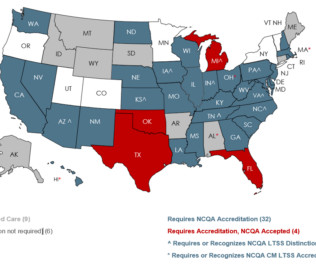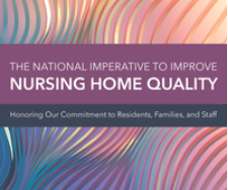How We Help Medicaid & Long-Term Services and Supports
NCQA
JUNE 27, 2023
LTSS Distinction, for MCOs, and Case-Management for LTSS (CM-LTSS), for community-based organizations (CBO)— increase oversight of care for this vulnerable population. In July, NCQA will update these programs to further align with best practices and federal regulations. Why Should MCOs Earn LTSS Distinction?














Let's personalize your content